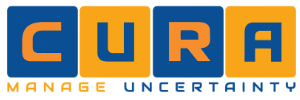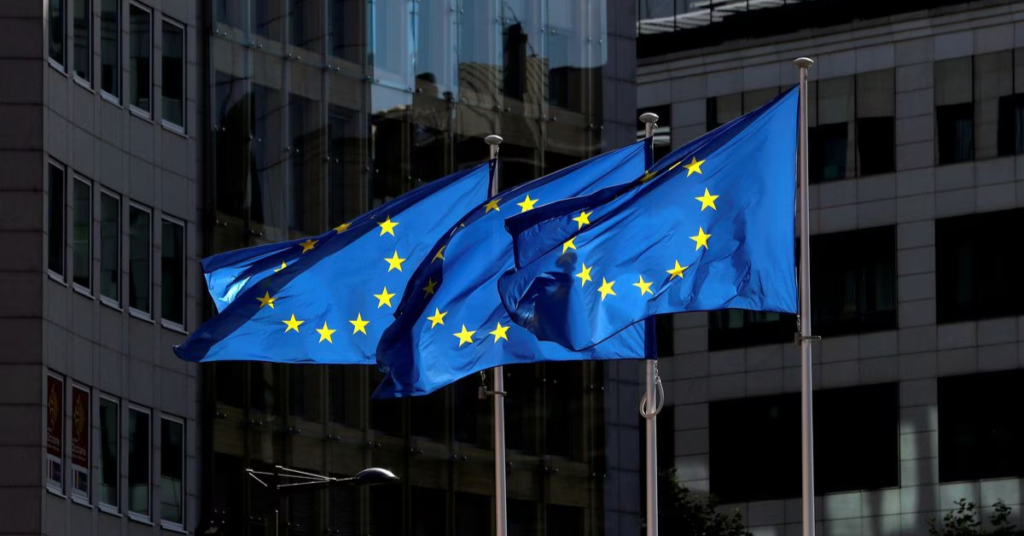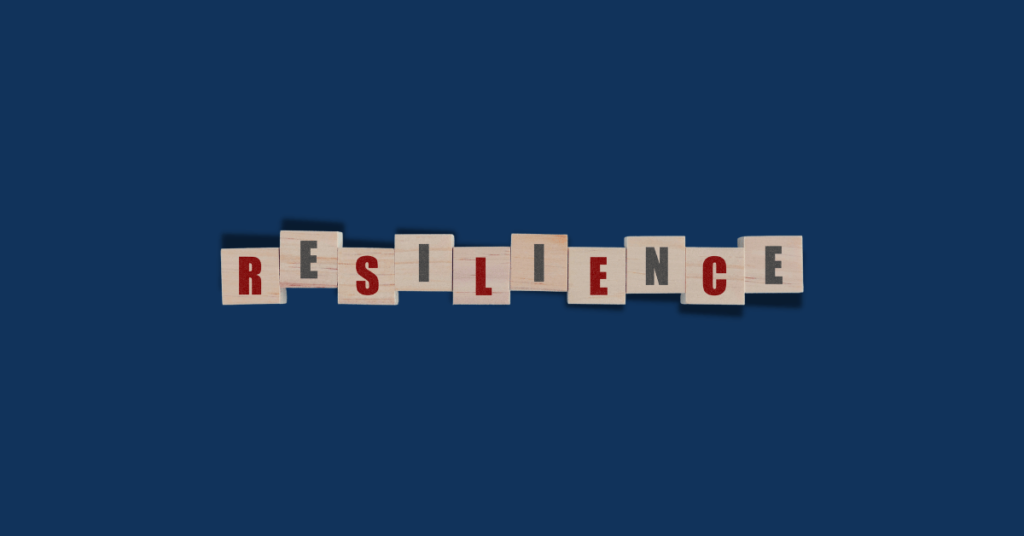According Earlier this year, the Institute of Risk Management South Africa (IRMSA) launched the eighth edition of their annual risk report focused on risks in South Africa.
In 2021, IRMSA ranked the following as the top five risks facing SA:
- Scarcity of unified, ethical, and visionary leadership
- Continuing private and public governance failure
- Failure to root out and/or curb deeply entrenched corruption
- Lack of understanding of shifts in consumer behaviour
- Failure to move forward in reforming the national health system
Since then, there have been some success stories collected, such as publicly acknowledging honest government officials to encourage champions of integrity. But to be optimistic seems only amusing as these small, individual feats are inconsequential in the grand scheme of things. Year on year, predictions of imminent failure loom over the country.
2022 embarks the third year in which our realities are being transformed by Covid-19. While the pandemic served to highlight weaknesses in public and private leadership responses, it is no longer the country’s most immediate risk. Hidden behind the cautionary warnings of ‘wear a mask’ and ‘wash your hands’, is a scarier risk landscape. A cartoon by Graeme McKay illustrates that while most of the rest of the world faces the emerging risks of recession, climate change and a biodiversity collapse, the South African context differs with an economic recession, social unrest, and a failed state.
Similar sentiments are echoed in the report, where Scenario Planning is explored. Summarised in the table below, IRMSA demonstrates the likelihood of whether SA will achieve its goals.

IRMSA Scenarios – Summary of 10 key drivers that impact country objectives: p32
Later in the report, IRMSA identifies the top nine risks facing SA. These have been analysed against the top global risks as well as from views of SMEs and survey results from more than 600 risk management practitioners – “It is clear that SA faces the risk of becoming a failed state, driven by a breakdown of ethical and legal principles, social unrest and failure of the rule of law, resulting in complete economic collapse.”
Three Key Risks facing South Africa:
- Complete economic collapse
SA’s economic growth has been in decline since 2007. Thus, the country had already been in a weak position when the pandemic had begun and further impacted areas such as unemployment and infrastructural development. In 2020, the ERRP (South Africa’s Economic Reconstruction and Recovery Plan) was launched. However, the success of this remains to be seen and efforts to reverse the economic decline attributable to state capture are too slow to prevent even greater economic decline. In IRMSA’s outlined scenario, it is stated that, “due to longstanding structural impediments, execution failures, flailing SOEs, poor basic education outcomes, and high unemployment, SA declines into complete economic collapse, creating a spiral of poverty and debt from which it is unlikely to recover in the next decade.”
- Lack of skills to enable economic growth and recovery
According to IRMSA, only six students (from a class of 100 matriculants in 2022) are expected to graduate from university (in six years). Further to this, the aggregate rate of unemployed graduates in SA is 9.3%. It has been said in one form or another that a good education as one’s foundation is the key to a brighter future – SA’s flawed education system is best described as poor – According to New Leaders Foundation, 85% of South African students attend poorly funded and dysfunctional schools that lack proper resources. These numbers suggest that reforming SA’s education system is a gargantuan task, but it is the heart of the problem and the longer-term solution. “Education tends to raise productivity and creativity, as well as stimulate entrepreneurship and technological breakthroughs. All of these factors lead to greater output and economic growth,” says Investopedia, in an article about how education and training affect the economy.
- Inadequate response to current and future climate change impacts
Kwa-Zulu Natal recently experienced 36 hours of torrential rain that devastated the province. It’s being reported as the biggest natural disaster in the country’s history, with some questioning whether poor infrastructure and lack of maintenance also contributed to the scale of damage. Globally, due to climate change, all forms of severe weather are becoming more frequent and extreme than in the recent past. However, SA is particularly vulnerable to climate change due to warming taking place at twice the global rate. Furthermore, SA is ranked globally as the 12th largest greenhouse gas emitter. Exacerbating this is a slow and inadequate response to adaptation and mitigation.
From years prior, it has been the consensus that SA needs to become risk intelligent and resilient in order to recover from and resolve issues such as corruption, unemployment, and a flailing economy, to name a few. Perhaps, the country can learn from the resilience that its nation often has to display when making a little go an exceptionally long way. As the world continues to experience more and more change at an ever-increasing speed, and for the fact that identified threats are of a systemic nature, the absolute necessity for excellent decision making is amplified.
It would bode well for SA to consider the lessons from Marcus Tullius Cicero – one lesson noted here says, “Leaders should be of exceptional character and integrity: Those who would govern a country must possess great courage, ability, and resolve. True leaders always put the interest of their nation above their own”. As Cicero says, “governing a country is like steering a ship, especially when the storm winds begin to blow. If the captain is not able to hold a steady course, the voyage will end in disaster for all.”
The same can be said for running a business. South African organisations are implored to define their strategies to succeed in an increasingly difficult and complex environment. It is repeated that the integration of risk management with strategy setting has become a non-negotiable imperative. To help enable organisations, IRMSA has published a Guideline on Integrating Strategy, Risk and Resilience (ISRR).











